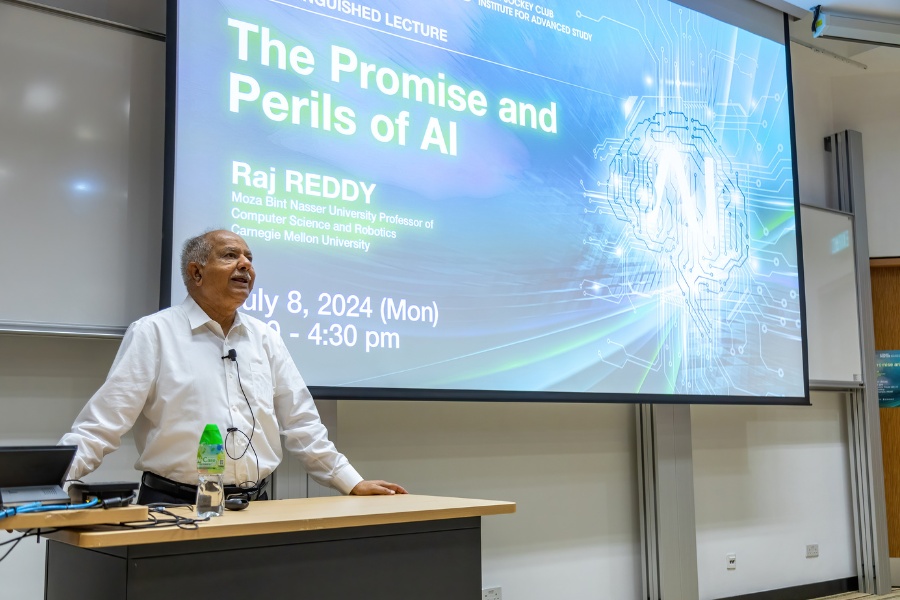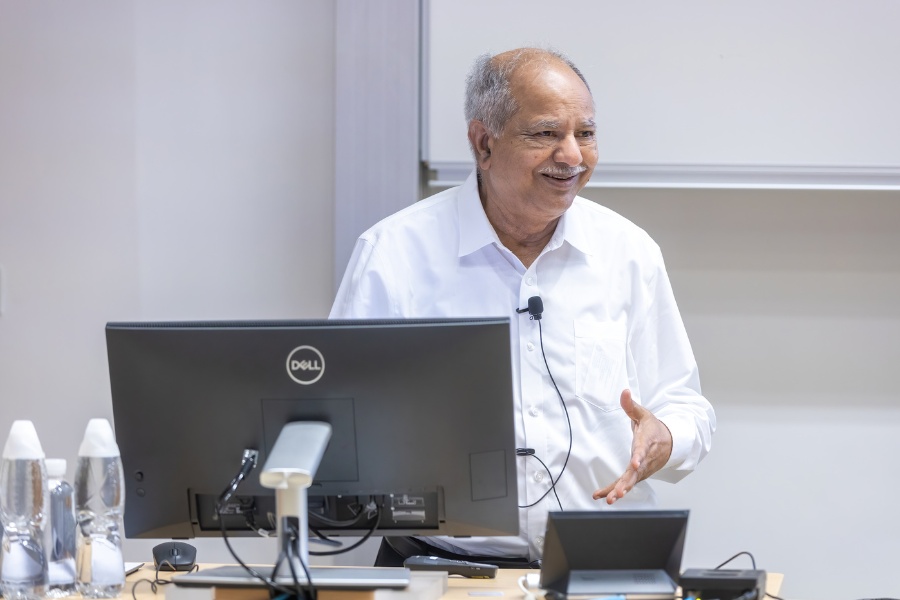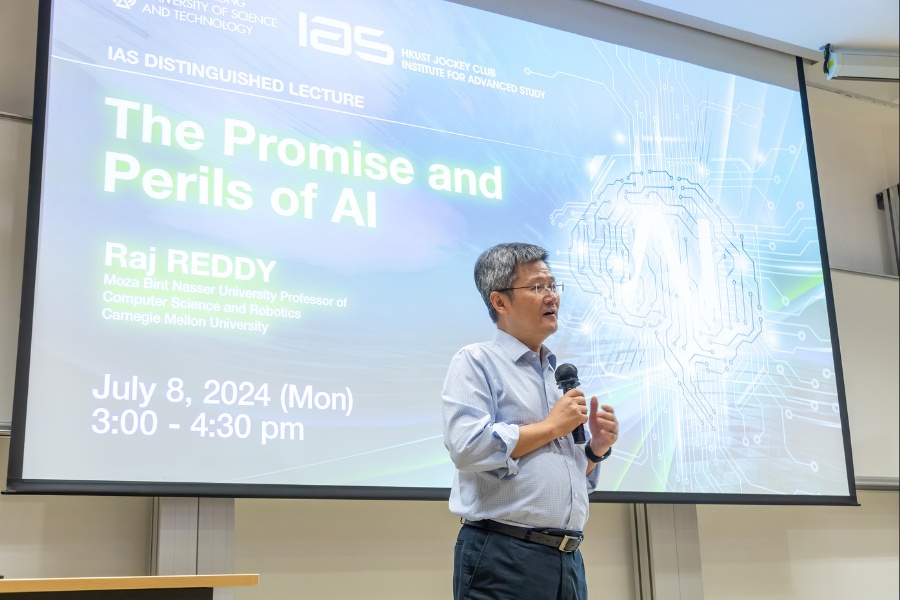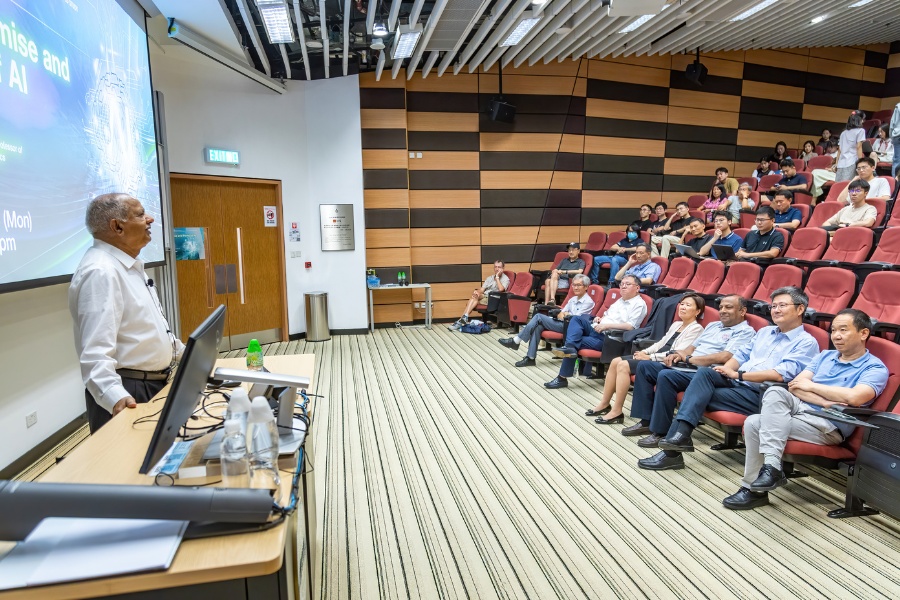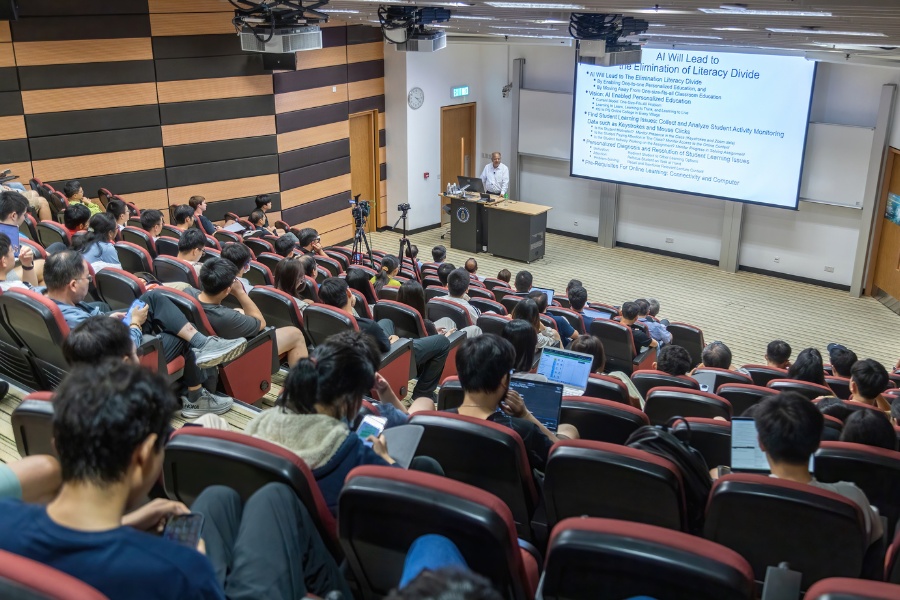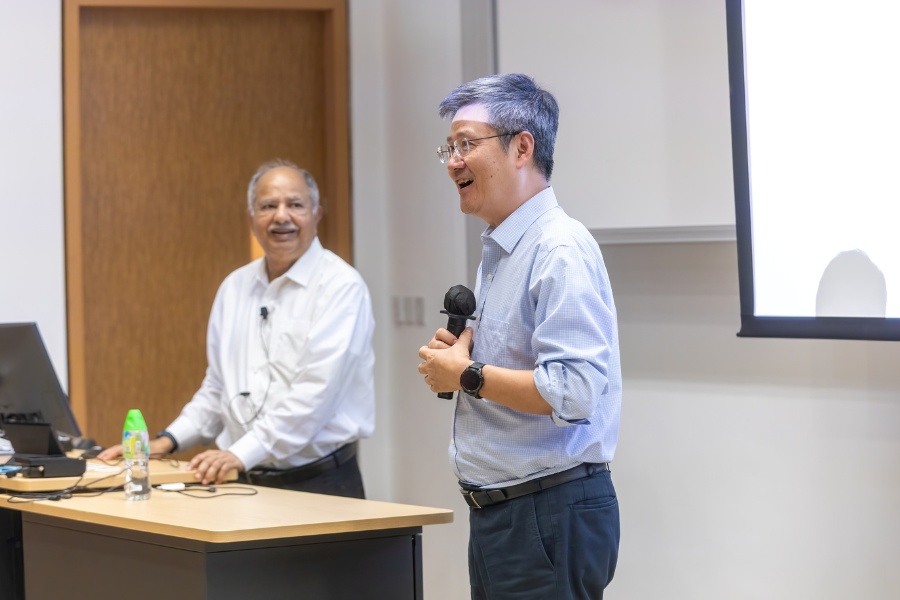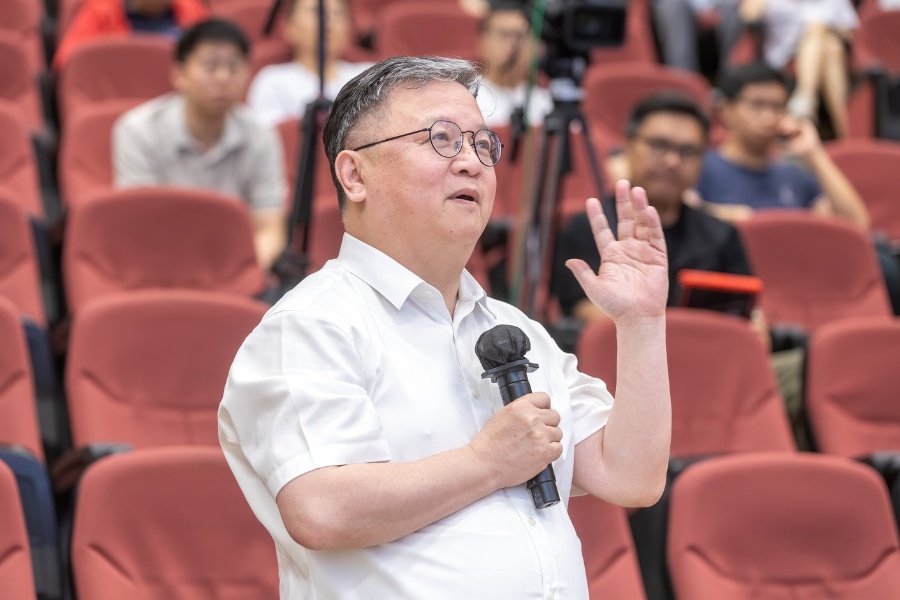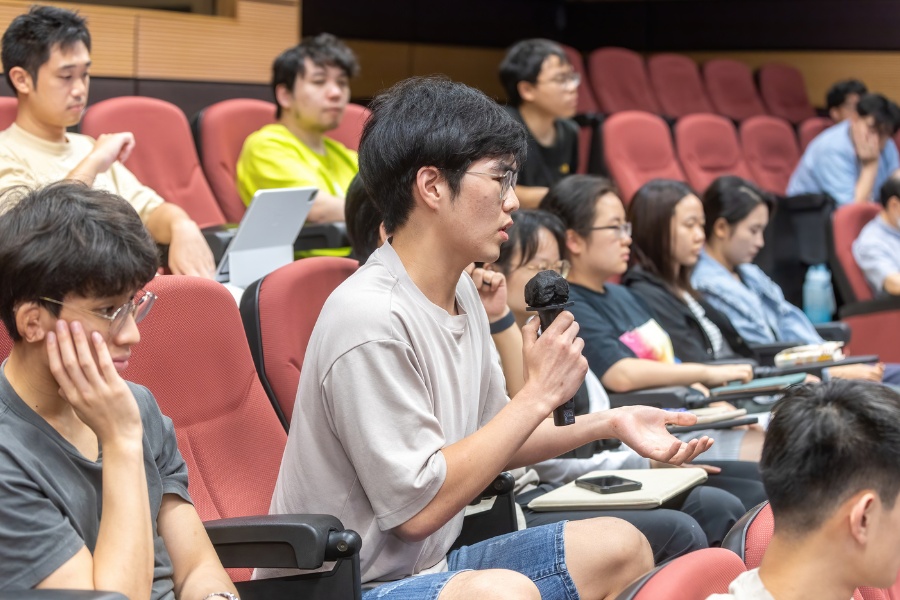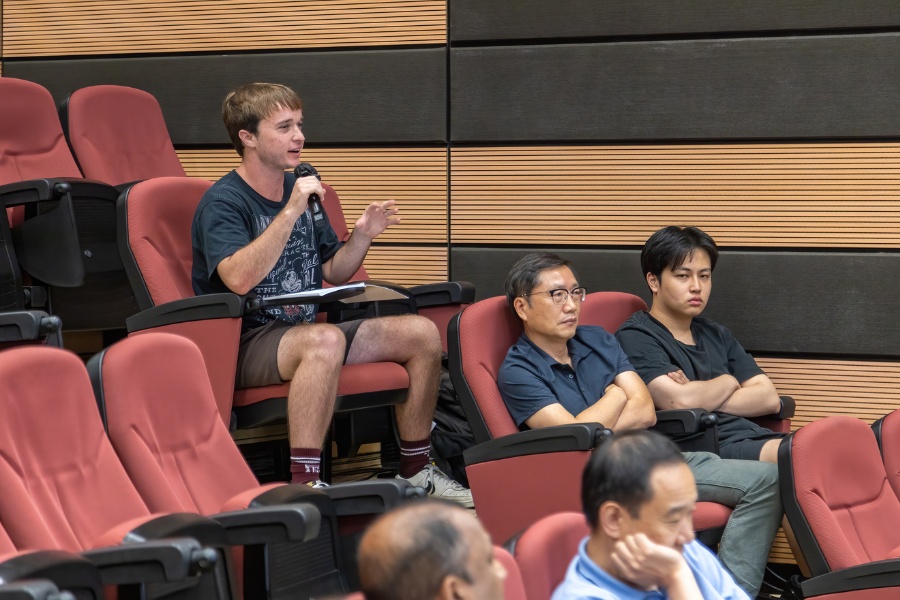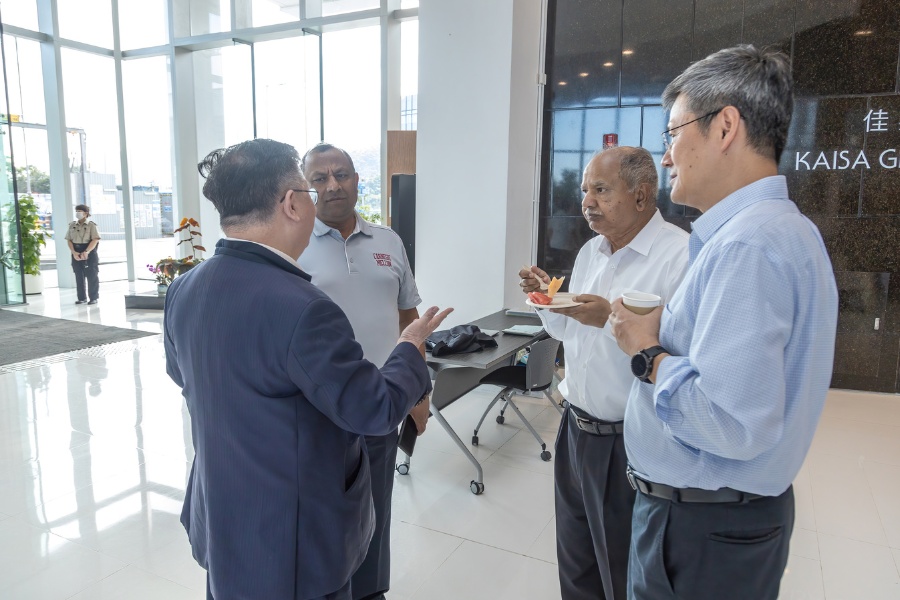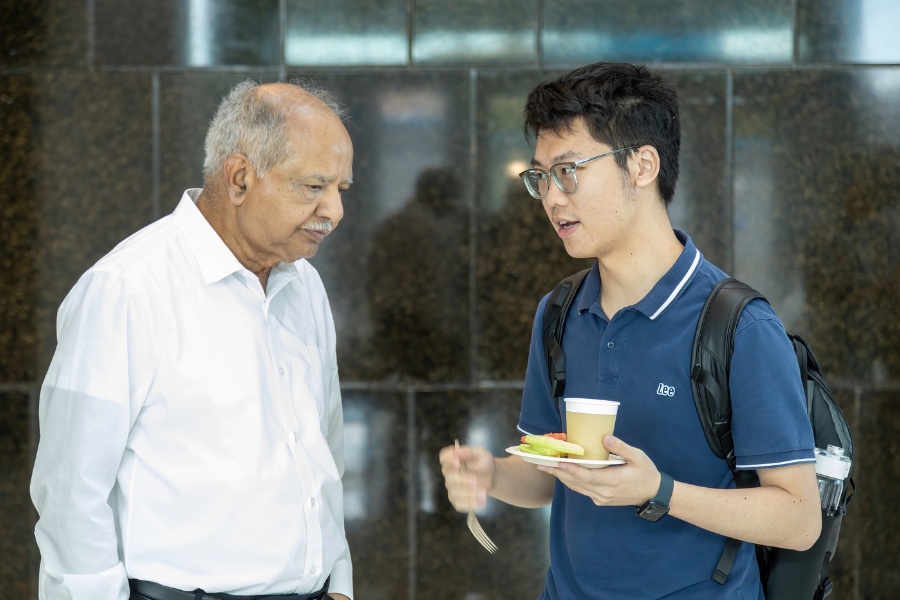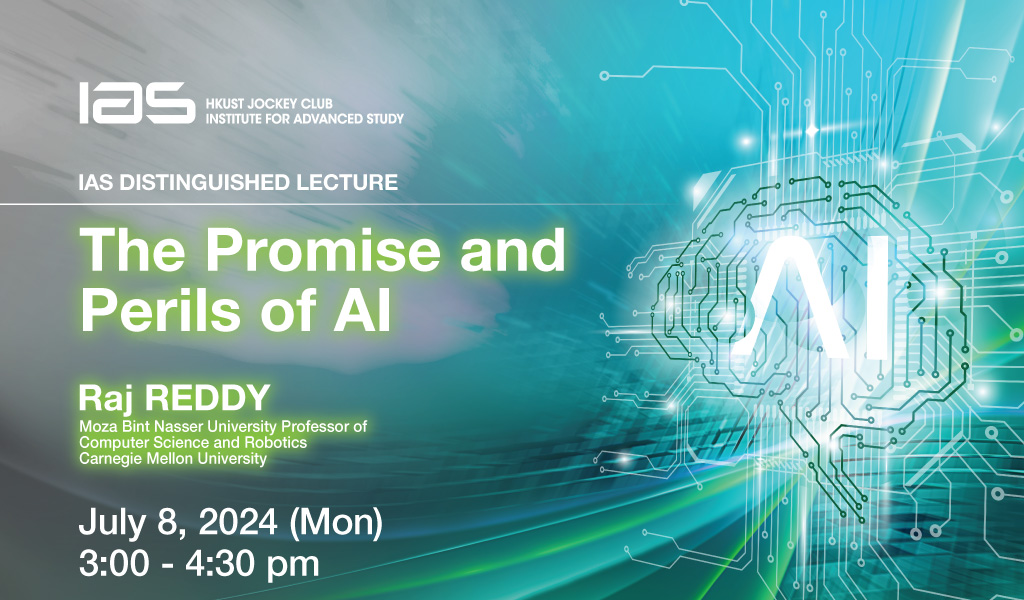The Promise and Perils of AI
Abstract
Engineering Innovation in the past has led to tools for enhancing Human Physical Capabilities. Over the past 60 years, using computers and AI, we have begun to develop tools for enhancing Human Mental Capabilities. Ultimately, this will lead some of us to have superhuman capabilities, like getting a day's work done in an hour. Such AI-enabled Innovation will lead to dramatic discoveries in every discipline, leading to the availability of products and services at a fractional cost. This improved productivity can be expected to lead the Global GDP to increase from about $100 trillion to over $1000 trillion by 2040, resulting in improved quality of life for all, including the marginal populations.
Job Losses, Self-Driving Cars, and Deep Fakes are natural consequences of technological advances. Hazards resulting from such advances can be regulated using existing societal mechanisms to reduce and/or eliminate the impact of such events.
Concerns about AI-enabled autonomous weapons should be controlled by a treaty analogous to The Chemical Weapons Convention. In addition, we should promote the development of AI-enabled humane intelligent weapons of the future, designed for precision targeting to eliminate collateral damage to innocent bystanders and infrastructure such as schools and hospitals, and designed to disable rather than destroy the enemy.
In the past decade, we have seen media hysteria about runaway AI that might enslave us or even exterminate us. By worrying about events analogous to an asteroid impacting Earth, we run the risk of throwing out the AI Baby with the bath water. The possible emergence of a new species of transhuman and post-human is thousands of years away, if ever.
In this lecture, the speaker will examine the Promise and Perils of AI and suggest strategies and policies to use advances in AI to augment and enhance humanity.
About the Speaker
Prof. Raj REDDY is the Moza Bint Nasser University Professor of Computer Science and Robotics at Carnegie Mellon University, where he served as the founding Director of the Robotics Institute and as the Dean of the School of Computer Science. He received a BE degree from the Guindy Engineering College of the University of Madras, India in 1958 and a MTech degree from the University of New South Wales, Australia, in 1960. He received a Ph.D. degree in Computer Science from Stanford University in 1966.
Prof. Reddy has been active in AI research for over five decades in the areas of AI, Speech Understanding, Image Understanding, Robotics, Multi-sensor Fusion, and Intelligent Agents. He is the recipient of the Legion of Honor, Padma Bhushan, Honda Prize, Vannevar Bush Award, and the 1994 A.M. Turing Award (jointly with Edward FEIGENBAUM) “for pioneering the design and construction of large-scale artificial intelligence systems, demonstrating the practical importance and potential commercial impact of artificial intelligence technology.” He has served as the co-chair of the President's Information Technology Advisory Committee and has been awarded 13 honorary doctorates.
For Attendees' Attention
Seating is on a first come, first served basis.

